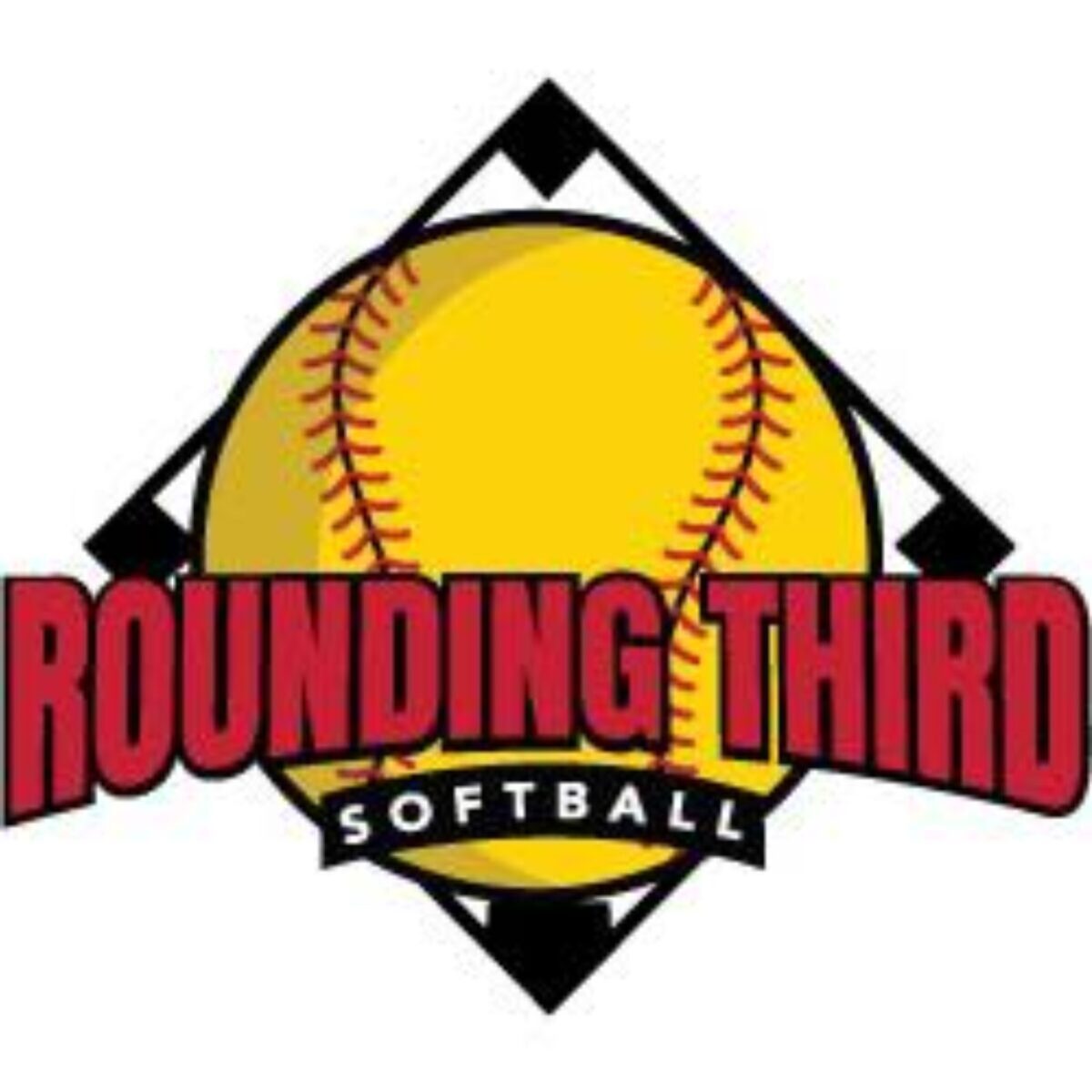Richard Bland College has seemingly become the first athletic department causality of COVID-19. RBC announced today it will suspend athletics for the 2020-21 year due to “recent data and projections from the American Medical Association (AMA) and the Centers for Disease Control and Prevention (CDC).” The NJCAA School is located in Petersburg, Virginia. RBC Softball finished the pandemic shortened 2020 season 7-6.
Letellier Steps Down at New England
University of New England has announced that Head Coach Dan Letellier has resigned. Letellier led the Nor’easters for 11 seasons, amassing a 229-166-2 record. Assistant Coach Kim Lorenc will serve as Interim Coach for the 2021 season.
Bemidji Names Gomez Head Coach
Bemidji State has announced that Brittany Gomez has been named head coach. Gomez served as interim head coach for the pandemic shortened 2020 season leading the Beavers to a 10-12 record. She joined the BSU Staff as an assistant coach in 2018.
Robert Morris Joins Horizon League
Robert Morris has announced they will join the Horizon League for the 2020-21 sports season. The Colonials are departing the Northeast Conference officially July 1. RMU Softball finished their pandemic abbreviated 2020 season 8-11 not reaching what would be their final season of NEC play.
USC Aiken Hires Poole as Head Coach
USC Aiken has named Jaclin Poole their new head coach. Pool joins the Pacers after five seasons as head coach at Lees-McRae where she went 72-123 with one NCAA appearance after a Conference Carolinas Tournament Championship run in 2019 that capped a 22-19 season. USC Aiken seemingly landed on the young upstart coach after being rebuffed by a few other more experienced coaches due to what sources familiar with the search describe as, “A lower end salary number compared to other Division II and Peach Belt Conference Counterparts.”
Louisiana Settles with Former Coach Lotief
A lawsuit brought forth against the University of Louisiana by former Ragin’ Cajun Coach Mike Lotief and student-athletes has been settled and dismissed by a Federal Court Judge. Lotief was fired in November 2017 alleging complaints from students and staff about “violent, vulgar language and verbal and physical assault, creating a hostile learning and working environment.” Lotief’s lawsuit claimed Title IX retaliation, defamation, and discrimination because of Lotief’s health disabilities. On September 2018, several former UL Lafayette softball players filed a federal civil-rights complaint that alleged gender discrimination and Title IX violations. Lotief claimed he was fired for voicing concerns about gender discrimination in the ULL Athletic Department.
NCAA Extends DII Quite Period
NCAA has extended the quiet period for Division II to July 31 following suit with Division I’s extension of their dead period. The move will keep the restriction of no off-campus recruiting for DII members, but allow them to continue to host prospects on-campus and work camps.
Salisbury Turns to Alum Lord as New Coach
Salisbury has named program alum Lacey Lister Lord their new head coach. Lord spent the last 12 seasons at Washington College where she was a three-time Centennial Conference Coach of the Year. She replaces Hall of Fame Coach Margie Knight who retired after the 2020 season.
Hall of Fame Coach Frank Cheek Passes
RTS is saddened to report that former Humboldt State Coach Frank Cheek passed away Saturday at the age of 82. Cheek, an NFCA and CCAA Hall of Fame inductee, coached the Lumberjacks for 25 years. HSU won DII National Championships in 1999 and 2008.
Belmont’s Smith Returns to Tennessee
Belmont seems to be in the market for a third coach within the last year. Head Coach Megan Rhodes Smith has departed the program to join the staff at Tennessee. The Lady Vol Alum departs for Knoxville after one pandemic abbreviated season with the Bruins going 5-14.
